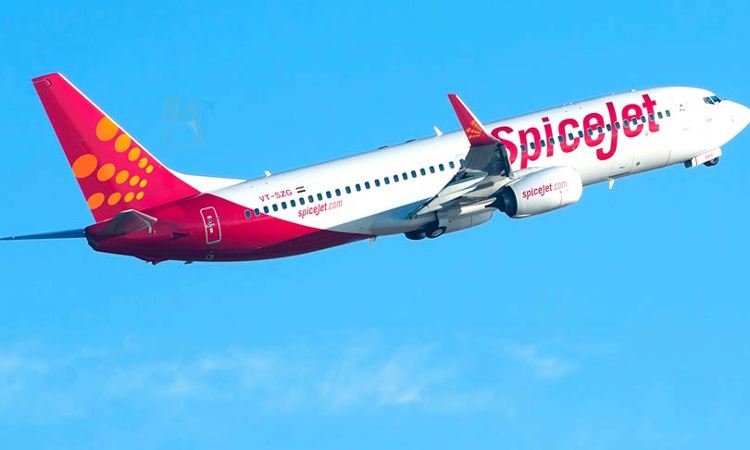Madras High Court Orders Winding Up Of SpiceJet Ltd, Official Liquidator To Take Over The Company Assets
Sebin James
7 Dec 2021 8:57 AM IST

Next Story
7 Dec 2021 8:57 AM IST
The Madras High Court has ordered that SpiceJet Limited must be wound up and the assets must be taken over by the official liquidator on the grounds of proved inability of the Airlines to repay its debts. Justice R. Subramanian was adjudicating a company petition filed by Credit Suisse AG, a Switzerland based Stock Corporation and a creditor, who alleged inability on the part of...
